“The people who are crazy enough to think they can change the world are the ones who do.” And we, the nine authors of this piece, believe it. As a result, a few months ago, we banded together and formed the Transforming Education Summit youth advisory group. We've been working hard together since that day, with commitment and hope, to achieve the change we want to see in the world. And here we are today, writing our collective opinion for you, so please join us on our transformational journey.
What is Transforming Education to you?
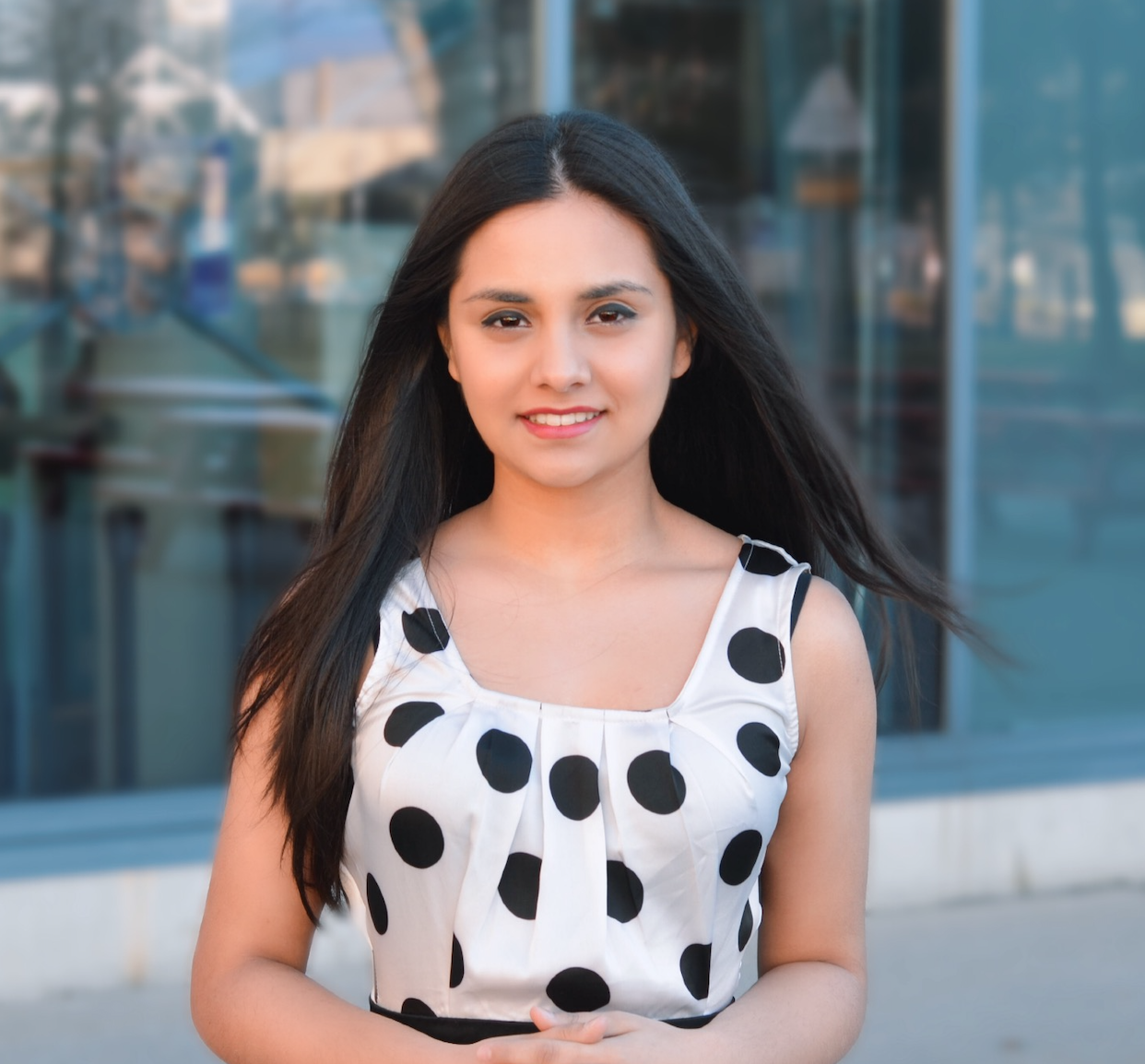
Kenisha Arora, Canada: Education is not just mathematics, science, literature, history, or the arts. It is about acquiring knowledge and skills to restore peace and humanity, repair a damaged planet, and solve the world’s largest problems. Education is the foundation of change. By transforming education, we commit to creating systematic and societal changes that allow everyone to access quality education. Reimagining the future of education, we need to ask ourselves the fundamental questions: with whom, what, where, and how should we learn? In this rapidly changing world, we must change traditional learning and teaching methods to methods that empower learners to become agents of change. To meet these goals, adequate financial investments need to be made to 1) ensure schools are inclusive, equitable, safe, and healthy for all learners, 2) learners are equipped with knowledge and skills for life, work, and sustainable development, 3) professional development of teachers, and 4) digital learning and leveraging exponential technology for global good. It is only by transforming education that we can shape the kind of future we want to live in.
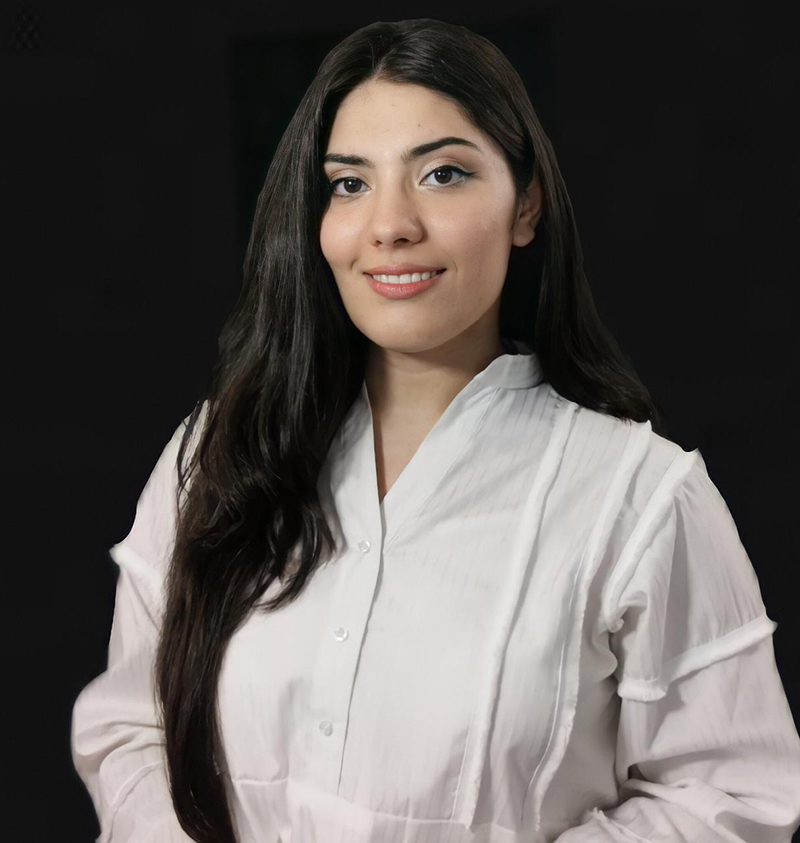
Asma Rabi, Afghanistan: Education on the brighter side terms is the transformation of an individual from a state of powerlessness to a suit of power. Transforming education means making it accessible to every child who is deprived of education, for every girl who cannot continue to go to school, for refugees who want to change the uncertainties in their life, and for everyone across the planet who wants to contribute to the world. It is meeting the expectations of every kid and youth having high hopes in their eyes. Transforming education means equality to have access to education in every corner of the world despite the color of the skin, religion, race, or nationality. We need to transform education and make it easy and accessible for every other human across the planet.
Why is investing in education so important and how can we get leaders and decision-makers to invest more in transforming education?
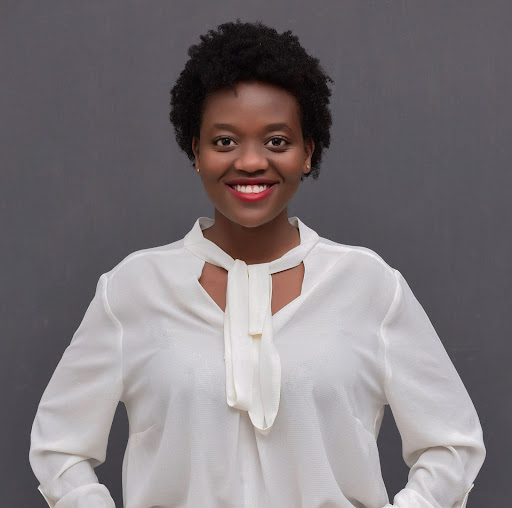
Doris Mwikali, Kenya: Education is a powerful driver of development and one of the strongest instruments for reducing poverty, improving health, gender equality, peace, and stability. It is an investment that delivers consistent returns of income and a foundational element that ensures equal opportunities for all. The multidimensional nature of the challenges today calls for more investment in education. Stakeholders must ensure that learning systems deliver the knowledge and skills needed for young people to contribute to equitable, sustainable, and peaceful futures. Young people today constitute the largest generation in history representing 15.5 % of the global population. This constituency must not only be listened to or consulted but also mobilized and supported in the construction and transformation of education systems. As guidance for the future, young people must draw urgency to the current educational crisis and advocate for decision makers to make more investments to address this educational crisis. Youth advocacy plays a key role in ensuring that stakeholders invest more in transforming education.
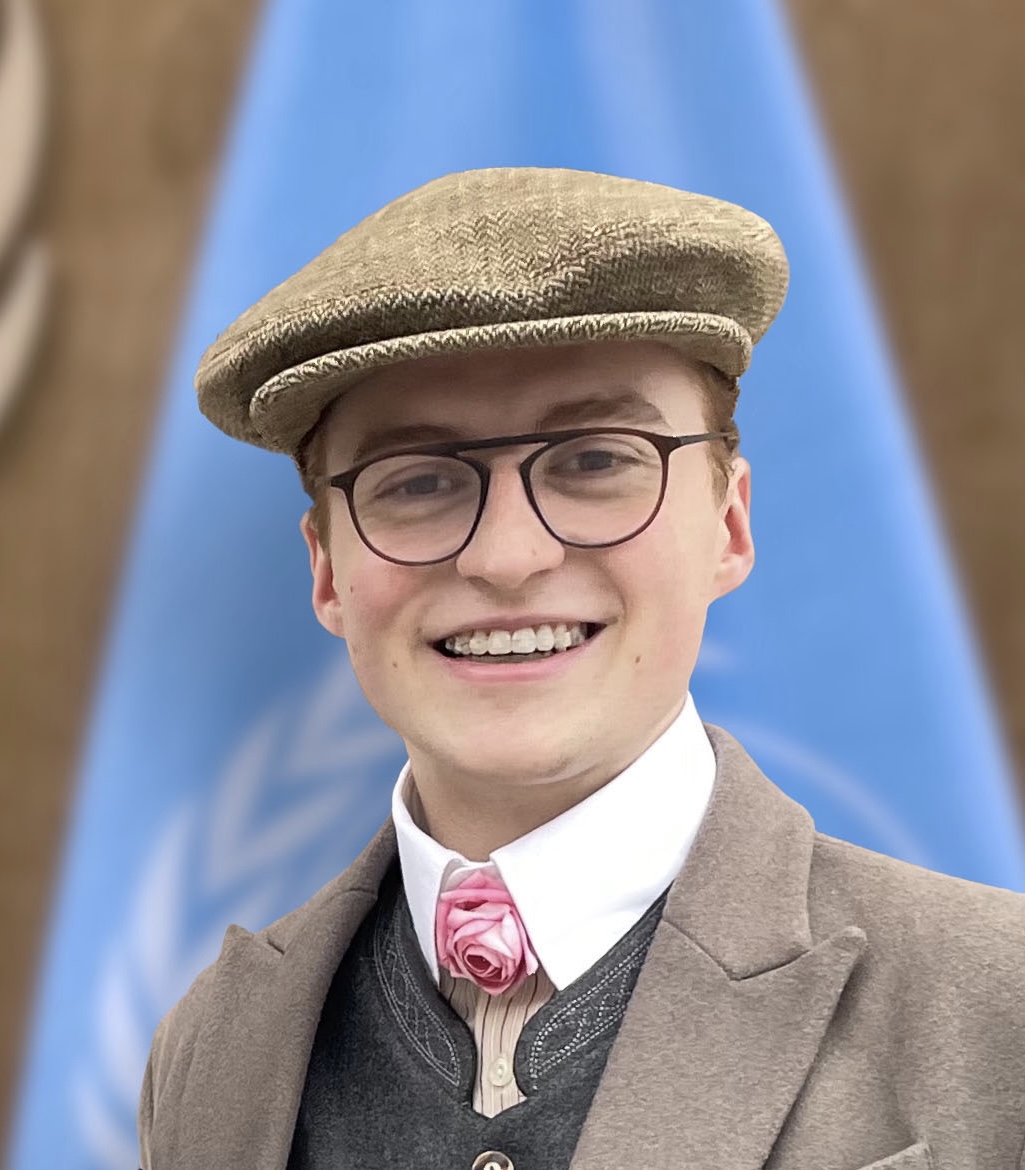
Petr Franc, Czech Republic: The means of getting the decision-makers to invest in education is, of course, through collective struggle. Because only organized action can be the catalyst of change. But as much as we frame education as an investment, it is a grimace we have learned to put on to implore others to help us achieve the transformation of education. I don't believe in funding education as a mere investment into our future, as much as that is also an important role education serves. What I believe is that education is valuable not solely as a means to an end, but as an end in and of itself. Yes, there is no doubt about the fact that only upon the diffusion of education among the people rests the preservation of our institutions, but even if that were not true, the epistemological quest for knowledge and understanding alone is valuable enough to be supported and allowed to express itself. What the student movement – and, in fact, all other constituencies that share its will to transform education – ought to keep in mind, is that one must advocate for education to be both a means and an end.
How can students and teachers help transform education?

Sofia Bermudez, Argentina : The teacher's role is fundamental to transforming education systems and ensuring students are not only acquiring knowledge but also developing critical skills to address the challenges of our time. This can be achieved by implementing innovative learning methodologies and providing students opportunities to use what they are learning to find solutions to the problems we face while developing digital and social skills. On the other hand, students must be at the heart of transforming education. We must be included in the curricula changes and the decision-making tables because we know what we need and are aware that our future is at stake.
Eliane El Haber, Lebanon: Teachers and students are significant stakeholders in the learning process, and they have a lot of power to improve and transform it. On the one hand, teachers can always suggest new teaching methods, be innovative in their approaches, and learn what is new so they can teach it, keep improving themselves, empathize with the students, listen to them, and accept them for who they are. Students, on the other hand, must constantly be kind, assist when they can, think outside the box, innovate, stand up for their rights, raise their voices, and ask for what they want.
In education, what needs to be kept, what needs to cease and what needs to start afresh?
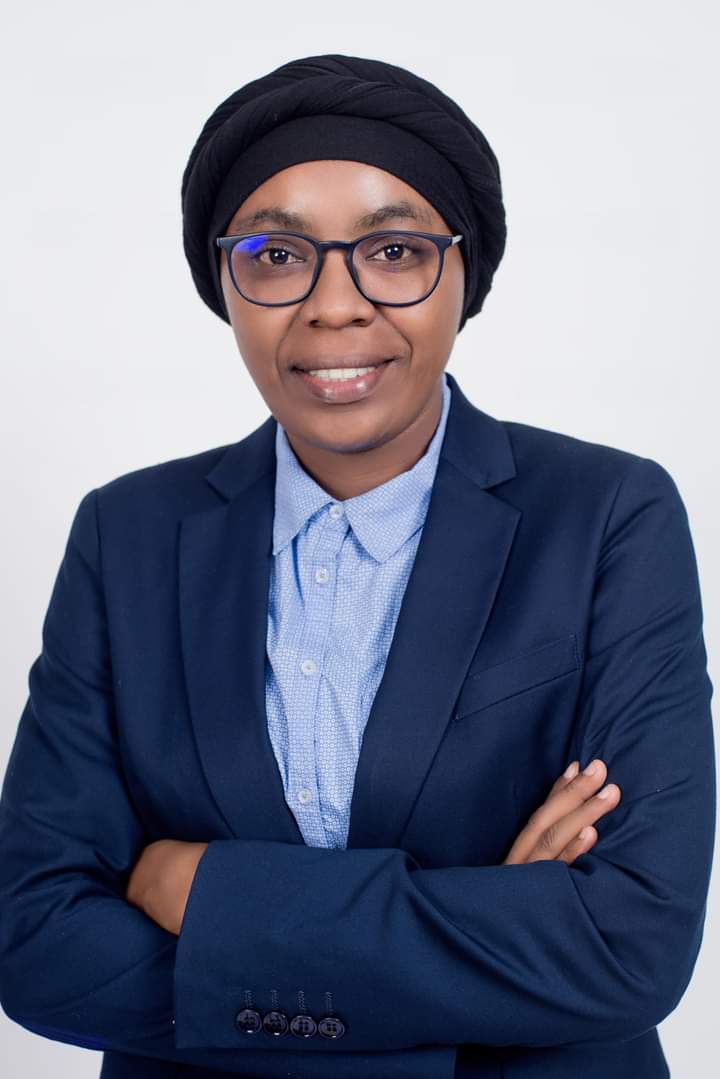
Armel Azihar Sly-Vania, Comoros: Education is a lifelong process of refinement, of the way we view things, interact with our environment, and play our role in the progress of humanity. It must therefore be kept as a continuous process that starts from a young age to the point of our death. Human beings are different and the education process must cater to these differences to ensure that in their diversity, people can have an equitable chance at learning, and applying their learning to the world they live in. It must be a safe space for diversity through appropriate infrastructure, resources, systems, and environments that maximize the experience for each person. There is a need for a change in the class to examine the nature of evaluating learning because human beings learn differently, and the recital, memorization form of teaching creates robots and not knowledgeable individuals who can objectively engage their subject of learning and practice. It also elevates students who are competent at memorizing, disadvantageous to those who aren't but have a higher capacity to learn. Education must not center on teachers and lecturers as the epitome of knowledge, but create space for the collective development of curriculums, and learning approaches that work for students. We have to teach students by allowing them to explore, discover and practice at the same time in an environment that suits their needs. We all know that if young people engage themselves with curiosity and creativity it will allow them to have a better quality of learning. We have to provide a quality education that should be free and accessible for everyone. We have to insert a blue and green economy curriculum in our schools without forgetting to adapt our curriculum to the realities in our communities and the world in general. Education is about building the next generation so we have to train leaders who can think creatively, innovatively, critically, and can connect. It must be hybrid, allowing for both academic, vocational, and talent-based learning that gives space to the different people and interests. Above all, it must remain lifelong.

Maria Nguyen, Australia: We need curriculum transformation which empowers children and young people with relevant competencies to take care of their health and wellbeing and to be adaptive and innovative in our ever-changing world. To this end, young people are calling for the inclusion of comprehensive sexuality education to empower young people with the skills to prevent and address sexual violence, take care of their sexual and reproductive health, and challenge gender inequality. We call for curricula to include life skills, including social-emotional learning for mental health, digital and financial literacy, and entrepreneurial skills. We call for global citizenship education and learning on the Sustainable Development Goals. However, to reduce the load of overcrowded curriculums, we need to emphasize key competencies and highlight transferable skills that are meaningful and relevant to learners instead of only focusing on memorization and rote-learning content.
What would make you walk away satisfied from the Summit?
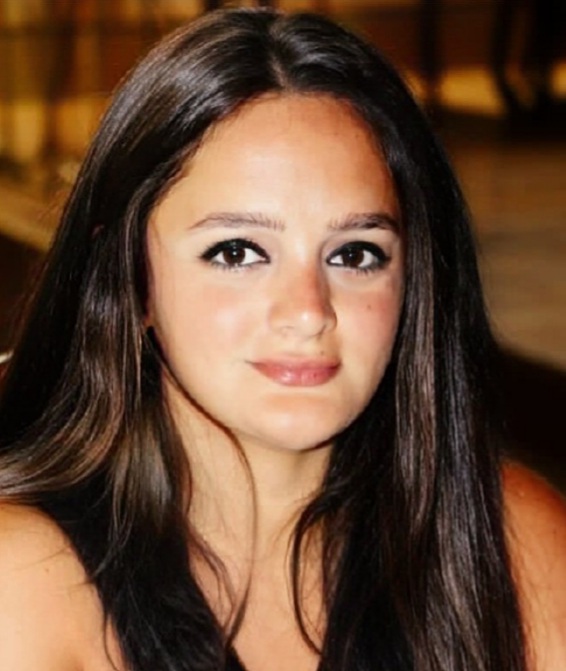
Eliane El Haber, Lebanon: I will be satisfied if I can see that all stakeholders, particularly the youth, were able to speak out and express their concerns, needs, and aspirations. I will also be happy if I sense a strong desire for change, particularly on the part of ministers and ministries. Finally, the aspect that will fulfill me the most is seeing that the dialogue addresses every disparity, injustice, unfairness, and every individual so that by 2030, we will be able to achieve quality education for all, leaving no one behind.
Ulises Brengi, Argentina: Walking away satisfied from the Summit would mean having the public sector commit to including young people in the decision-making process of public policies that target youth, by creating structures that allow not only young people to share their concerns and opinions, but rather play a key role in the design and implementation of such policies. Move from “intergenerational dialogue” into “intergenerational collaboration”.
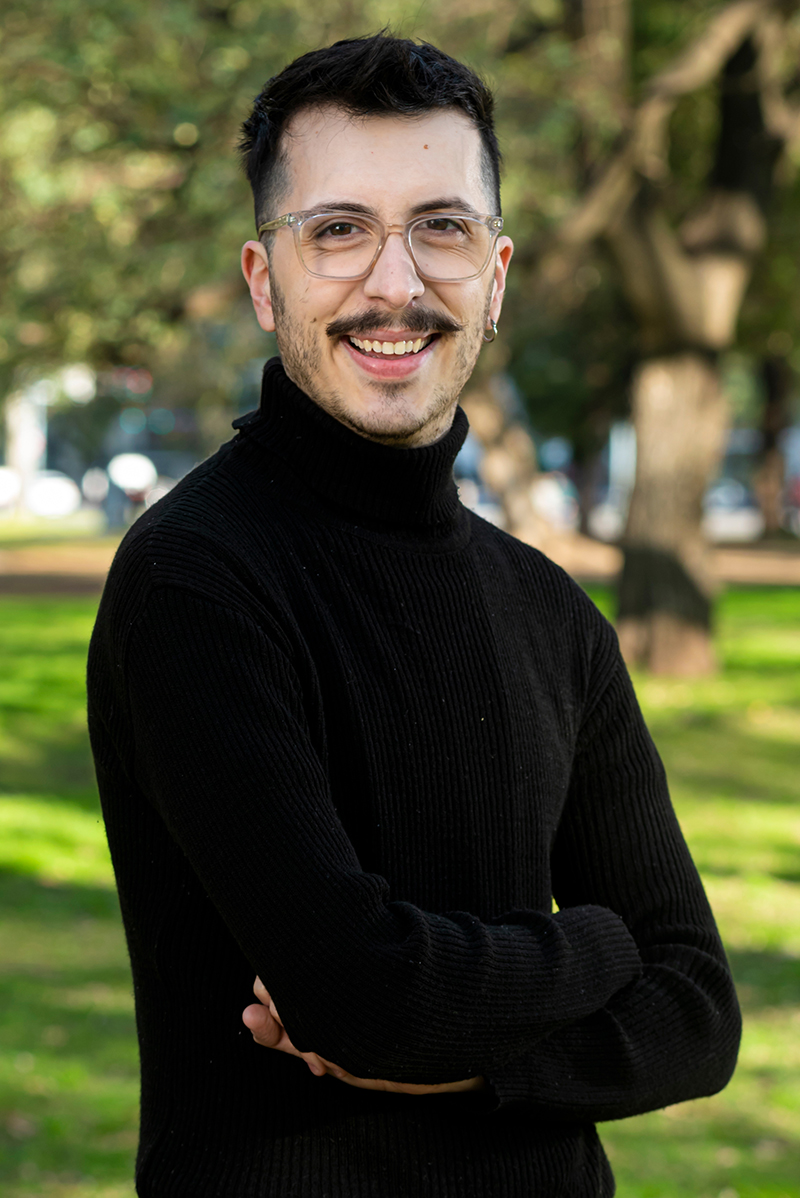
Education for a world we want to create together
We have been in times of crisis over the last two years, with hardships impacting the most vulnerable groups the most, and exacerbating existing inequalities. When we talk about ‘getting back on track’ to achieve SDG4, we cannot get back on the same track that we were on before the pandemic. We have to reflect, innovate, and implement new solutions to pave a new, more equitable road for the future. When we choose to commit to education, we commit to our vision for a world we want to create together. When we choose to shape education, we’re shaping the pathways available to each learner. When we choose to value education, we’re valuing every human life that deserves a brighter future.